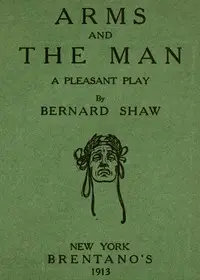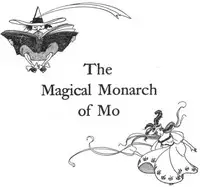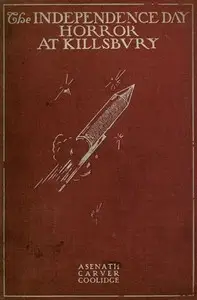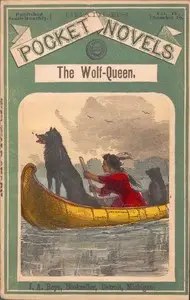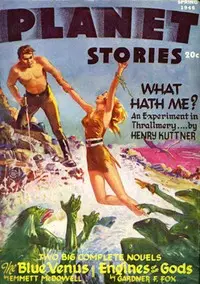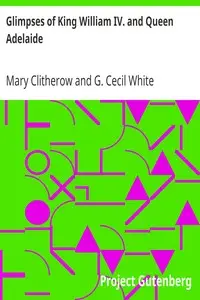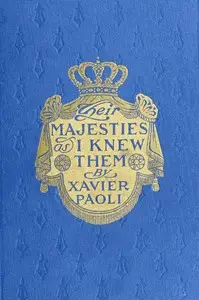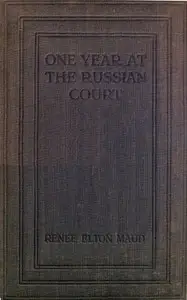"Great Catherine (Whom Glory Still Adores)" by George Bernard Shaw is a comedic play set in the 18th century during the reign of Catherine the Great of Russia. The work, written in the early 20th century, explores themes of power, intrigue, and romantic entanglements within the court of this formidable empress. Rather than focusing on Catherine's extensive political achievements, Shaw presents a satirical and humorous portrayal of her character, emphasizing her personal relationships and the more theatrical aspects of her life. The play revolves around Captain Edstaston, an English officer sent to Russia, who seeks an audience with Catherine. The story unfolds with absurd encounters and exaggerated characters, notably Patiomkin, a boorish but cunning politician, and the flirtatious Varinka, who adds to the comedic situations. As Edstaston navigates the chaotic environment of the Russian court, he becomes embroiled in a series of misunderstandings and comedic escapades, particularly as he faces the whimsical nature of Catherine herself. Through witty dialogue and farcical situations, Shaw highlights the absurdities of court life, ultimately contrasting the trivialities of personal desire against the backdrop of political power. (This is an automatically generated summary.)

Great Catherine (Whom Glory Still Adores)
By Bernard Shaw
"Great Catherine (Whom Glory Still Adores)" by George Bernard Shaw is a comedic play set in the 18th century during the reign of Catherine the Great o...
Genres
Released
2002-10-01
Formats
mobi
epub3 (images)
epub (images)
epub
mobi (images)
Free Download
Overview
About the Author
George Bernard Shaw, known at his insistence as Bernard Shaw, was an Irish playwright, critic, polemicist and political activist. His influence on Western theatre, culture and politics extended from the 1880s to his death and beyond. He wrote more than sixty plays, including major works such as Man and Superman (1902), Pygmalion (1913) and Saint Joan (1923). With a range incorporating both contemporary satire and historical allegory, Shaw became the leading dramatist of his generation, and in 1925 was awarded the Nobel Prize in Literature.
Total Reviews
10.0k
Total reviews from Goodreads may change




